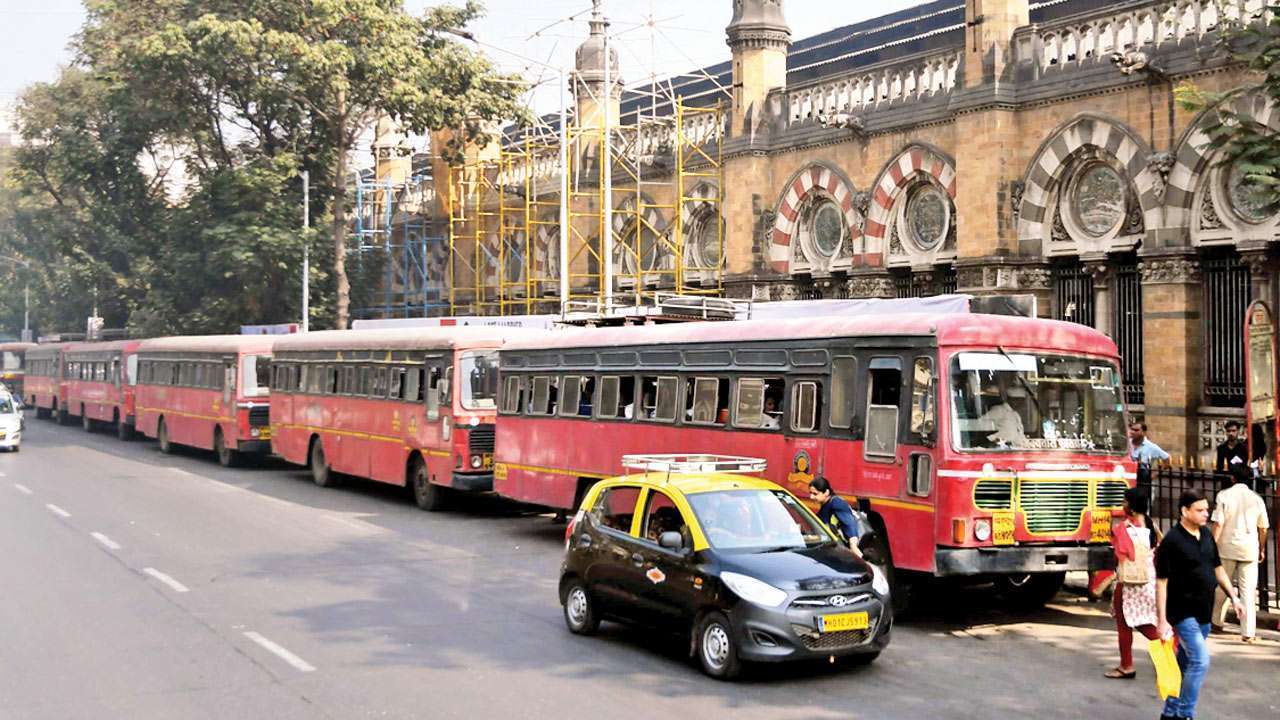
Maharashtra is witnessing a sharp increase in the number of COVID-19 cases as the state witnessed 60,212 fresh cases on Tuesday (April 13).
Stating that the situation is much worse than last year, Maharashtra Chief Minister Uddhav Thackeray on Tuesday (April 13) announced that there will be no lockdown in the state but strict restrictions will be imposed from 8 pm on Wednesday, April 14 till May 1.
“Section 144 to be imposed in the entire state from tomorrow. I will not term this as lockdown,” CM said while addresing the public in an Instagram live video.
All establishments, public places will remain closed in the state except for essential services. Only essential services will be allowed to function in the state from 7 am to 8 pm.
As per order issued by Maharashtra government, essential activities include the following:
Hospitals, diagnostic centers, clinics, vaccinations, medical insurance offices, pharmacies, pharmaceutical companies, other medical and health services including supporting manufacturing and distribution units along with their dealers, transport and supply chain, ATM's, manufacturing and distribution of vaccines, sanitizers, masks, medical equipment, their ancillaries, raw material units and support services and Reserve Bank of India and realted services.
Groceries, vegetables shops, fruit vendors, dairies, bakeries, confectionaries, all type of food shops, accredited Media, petrol pumps and petroleum related products.
Decision regarding inclusion of domestic help/ drivers/ attendants to work will be taken by local authorities, the order stated.
Transport
Public transport will not be shut, but they will used only for essential workers and in emergency and essential activities for general public. The CM has also requested the public to travel only if necessary. Meanwhile, all essential industries will function at full capacity.
In auto rickshaw, driver plus two passengers will be allowed while in a four wheeler taxi, driver plus 50% vehicle capacity will be allowed. Full seating capacity as per RTO to be allowed in buses, however no standing passengers will be allowed.
A fine of Rs 500 will be levied on people who will be seen flouting COVID appropriate behaviour and not wearing mask in trains and public transport.
In a four wheeler taxi, if a person is not wearing a mask, the offender and driver of the taxi will be fined with Rs 500.
Private vehicles including private buses can ply fo rah purposes of emergency, essential services or for other valid reasons. Deafaulters will be fined with Rs 1000.
"We are allowing road side vendors to function 7am to 8pm, but no-one will be allowed to eat there. They will have to give as take away," he said.
Decision regarding inclusion of domestic help/ drivers/ attendants to work will be taken by local authorities, the order stated.
Restaurants/ Bars/ Hotels
All Restaurants and bars will remain closed for in-dining, except for those inside the campus and which form an integral parts of hotels. Only home delivery services shall be allowed and there shall be no visiting any restaurant or bar for ordering purposes or pickup.
Restaurants and bars inside hotels are to be open only for in-house guests. In no circumstance should outside guests be allowed. Guests of the hotel may move out only for the valid reasons or for performance of duty required for essential services or for exceptions made for offices mentioned in this order.
The following Offices shall belong to exemption category:
Offices of Central, State and Local governments, including of their statutory authorities and organisations, cooperative, PSU and private Banks, offices of companies providing essential services, insurance/ mediclaim companies, pharmaceutical company offices needed for management of production/ distribution, RBI regulated entities and intermediaries including standalone primary dealers, CCIL NPCI, payment system operators and financial market participants operating in RBI regulated markets. All Non Banking Financial Corporations,all micro finance institutions, offices of advocates if operations of courts, tribunals or Commissions of Enquiries are on.
As per the order, these offices should work with minimum staff required and in no case with more than 50% of normal capacity, except for government offices that are concerned with response to COVID-19.